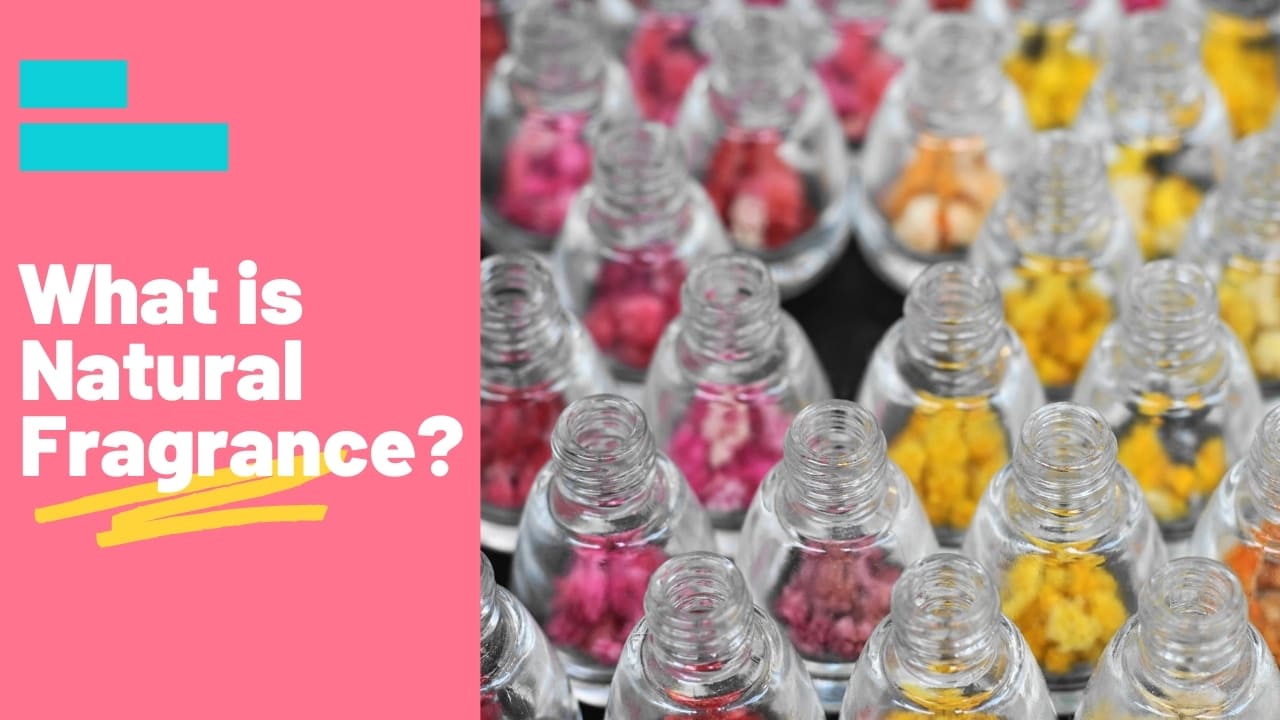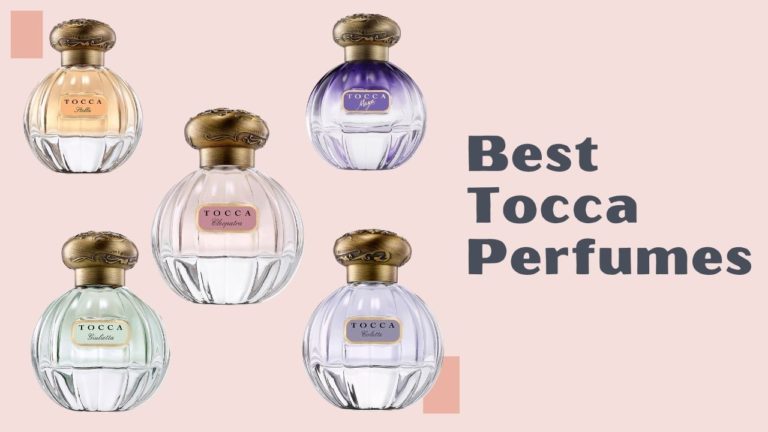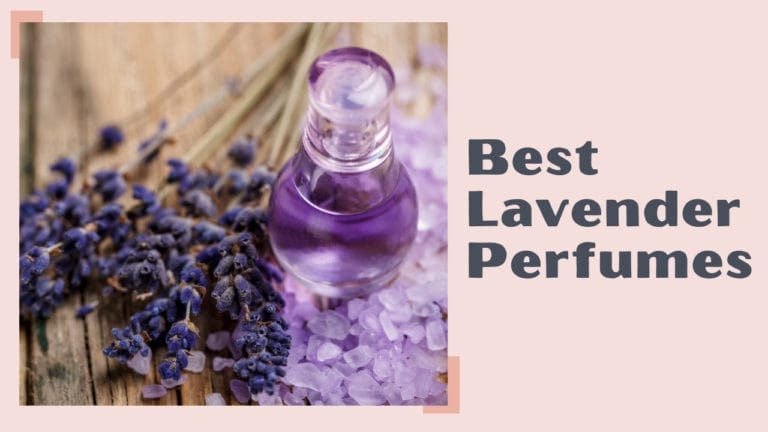What is Natural Fragrance?
Though Natural Fragrances have been used for millenniums, the popularity of synthetic fragrances had overshadowed their reputation. Being natural and mostly pure, they are admired all over the fragrance cognoscenti community.
Natural aromas can evoke diverse feelings that are different from common fragrances. If you’re passionate about natural fragrances and wish to learn more about them then you’ve come to the right place.
What are Natural Fragrances?
Natural Fragrances are derived from natural aromatics and are known to have an unaltered chemical structure. Though naturally derived fragrances can be made in laboratories, the use of artificial aromatics and chemical alteration is avoided altogether.
A great thing about natural smells is their diverse nature. From offering raw scents to a delightful combination of various scents, they are sure to grab your attention.
Some noteworthy features of natural fragrances are:
- The most significant feature; naturally sourced.
- Mostly free of harsh or irritating chemicals, like parabens.
- Has subtle organic notes.
- Contains healing properties; great for aromatherapy.
- Most Natural Fragrances are environmentally friendly.
What are Natural Fragrances made of?
Natural fragrances are sourced from ‘Nature’. Yes, you can really find scents of almost everything found in nature. From plant materials such as fresh leaves, wood, flowers, fruits, to animal scents. There is a scent for everything natural out there. And the best part? No chemical alteration.
Being ‘absolutely’ physically sourced, natural scents can involve a combination of:
- Essential Oils: These are concentrated plant extracts. Essential Oils retain the natural scent of their source, capturing their aura. They are basically the ‘essence of the plant they are sourced from.
- Blends of Natural Isolates: Natural Isolates are extracted from naturally occurring chemicals using purely physical means like fractional distillation.
- Natural or Herbal Distillates: Natural Distillates or Essential Waters are obtained through hydro distillation, which is the separation process through steam.
- Oleoresins: Mostly an important part of natural aromas, Oleoresins are resins from which highly concentrated essential oils are extracted.
- Absolutes: They have concentrated oily mixtures extracted from plants. Absolutes are either produced through solvent extraction or through enfleurage.
- Concrète: Obtained from plants through solvent extraction, Concrète is a viscous substance and is commonly used in perfumery and producing absolutes.
Is Natural Fragrance Safe for Skin?
What we apply to the skin can pass to the blood, and can affect both the skin and the all-over health. Natural fragrances can be considered safe for the skin since most of them do not contain harsh chemicals like parabens. To be on the safe side, checking the ingredients can be helpful.
It is also crucial to check whether you have any allergic reactions to natural fragrances. Even if the natural aromas are considered generally safe, they may possibly not suit your skin.
After buying your favorite natural fragrance, make sure to apply a small amount on your skin to see if there are any reactions. If you feel even mild irritation, it is suggested that you do not use it. Natural Fragrances, although pure and natural, are generally very strong, and may not suit the extra-sensitive skin types.
Natural vs Synthetic Fragrances
The more common fragrances that you find in perfume shops are Synthetic Fragrances. They contain numerous chemicals and synthetic aromatic compounds to add scent to the fragrance. Natural Fragrances on the contrary are not as popular as synthetic fragrances. They are completely derived from natural sources.
Synthetic Fragrances are formulated in laboratories, with notes being sourced from artificial sources or replicas of natural scents. Being chemically altered, these fragrances can last longer than natural aromas. Notes of natural scents are always naturally sourced and even though they can be put together in laboratories, there is no chemical alteration. Most of the steps in making natural perfumes are done physically and purely.
The reason why natural fragrances are less common than synthetic fragrances is that the results are not always guaranteed to be consistent. Even though they are pure, and extracted with great care, they cannot give absolutely controlled results.
Another reason why most people prefer synthetic fragrances is that they are less of an impact on the environment. Sure natural fragrances are delightfully beautiful, but the procedure is incomparably complicated. Especially the process to extract scents from animals is painful.
Despite the synthetic fragrances being known as more harmful or natural fragrances being less environment-friendly, there are innumerable scents, both natural and synthetic that are both safe and green.







